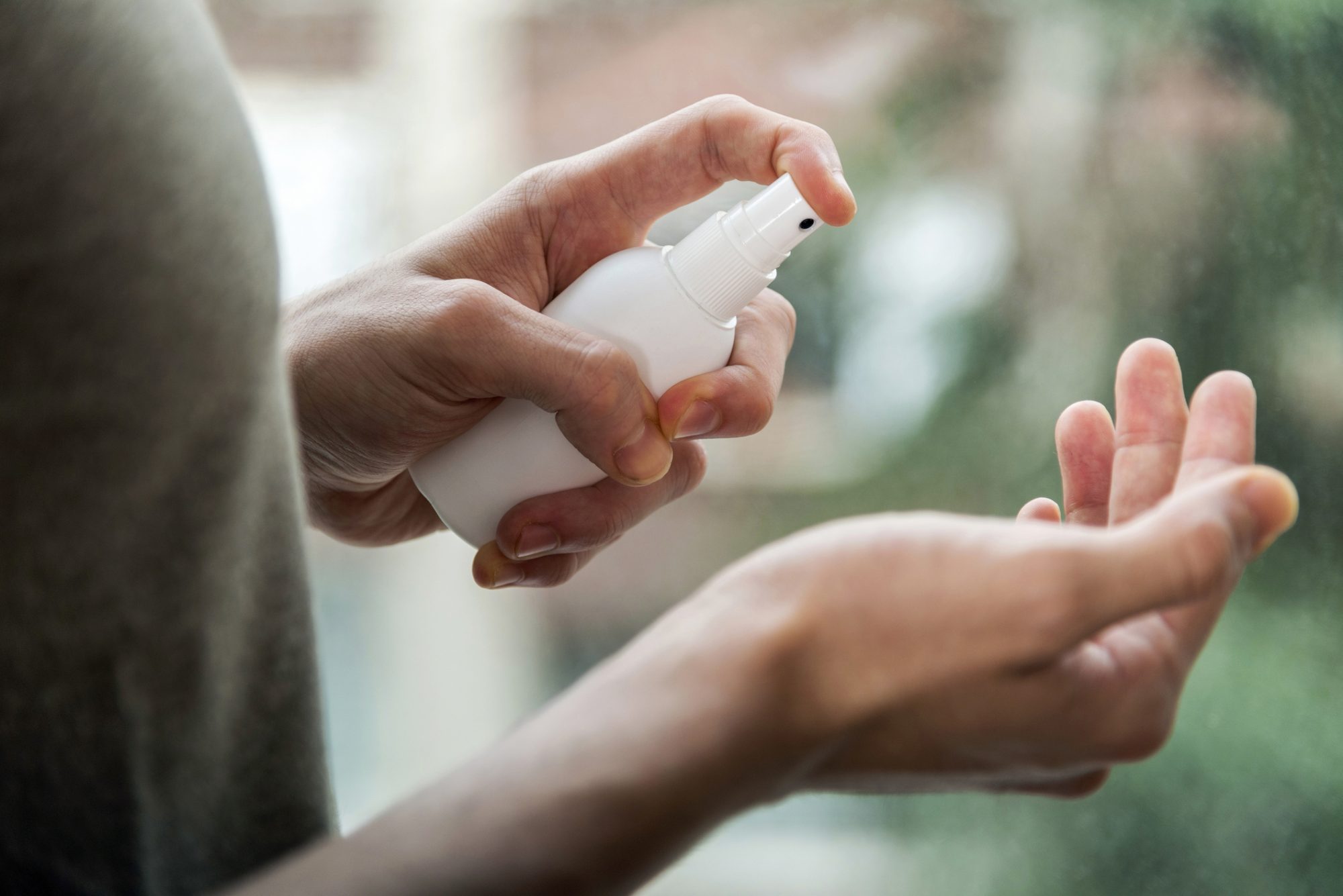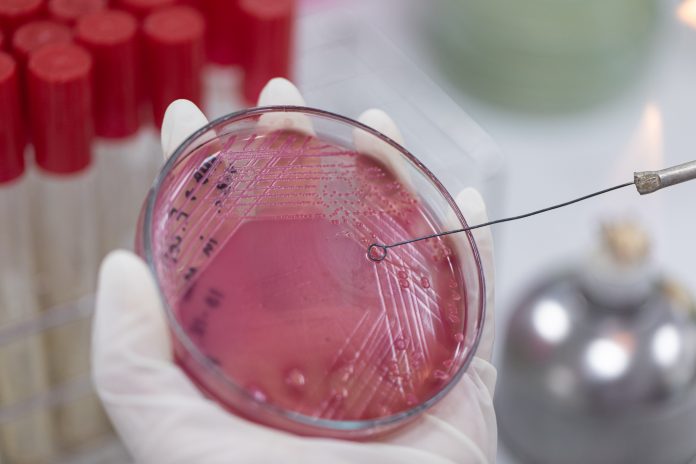In a groundbreaking move, the UK government has committed up to £210 million from its aid budget to tackle antimicrobial resistance (AMR) in partnership with Asian and African nations
This marks the most significant investment ever made by any country to tackle antimicrobial resistance and address this urgent global health challenge.
The funding heralds the launch of the second phase of the Fleming Fund’s mission to tackle antimicrobial resistance.
This initiative, known for its unwavering dedication to vehemently tackle antimicrobial resistance, is set to receive unprecedented support in the form of £210 million.
Innovative solutions to tackle antimicrobial resistance
With a committed aim to fortify the defence against deadly antimicrobial resistance, the funding will empower the establishment of state-of-the-art laboratories, advanced disease surveillance systems, and an expanded global workforce.
These measures will collectively work towards curtailing the threat posed by tackling antimicrobial resistance.
The commitment will see significant investments in surveillance capabilities across high-risk regions, encompassing countries such as Indonesia, Ghana, Kenya, and Papua New Guinea.
Over 250 laboratories will undergo upgrades equipped with cutting-edge technology, including genome sequencing tools, facilitating the tracking of bacterial transmission among humans, animals, and the environment.
Building expertise and awareness on Antimicrobial resistance
The impact of the funding is far-reaching, extending to the international health workforce. The initiative will support 20,000 training sessions targeting laboratory staff, pharmacists, and hospital personnel.
Moreover, over 200 scholarships under the Fleming Fund will nurture expertise in microbiology, AMR policy, and the holistic One Health approach that emphasizes interconnectedness between humans, animals, and the environment.
Secretary of State for Health and Social Care, Steve Barclay, emphasizes the gravity of the AMR threat. The substantial funding empowers at-risk nations and resonates with ongoing efforts to incentivise pharmaceutical companies to develop new antibiotics, a model garnering attention among G20 countries.

Championing a healthier future against deadly bacteria
Antimicrobial resistance claims a staggering 1.27 million lives annually, with the UK witnessing between 7,000 to 35,000 AMR-related deaths in 2019 alone. Acknowledging these stark realities, Dame Sally Davies, UK Special Envoy on AMR commends the UK’s commitment. The fund’s approach is hailed as pivotal in realising a world free from drug-resistant infections.
Antimicrobial resistance claims a staggering 1.27 million lives annually
The investment also underscores international collaboration, with the UK-India Fleming Fund partnership forming an integral part. With a value of up to £3 million, this collaboration accelerates AMR surveillance efforts across various sectors, ultimately contributing to both countries’ 2030 roadmaps.
A global pledge amidst the G20
The Secretary of State’s visit to India coincides with the G20 Health Ministers’ meeting, affirming the gravity of AMR on the global agenda. This commitment, backed by concrete actions, ushers in a new era of collective determination in the relentless pursuit of a world less threatened by tackling antimicrobial resistance.











